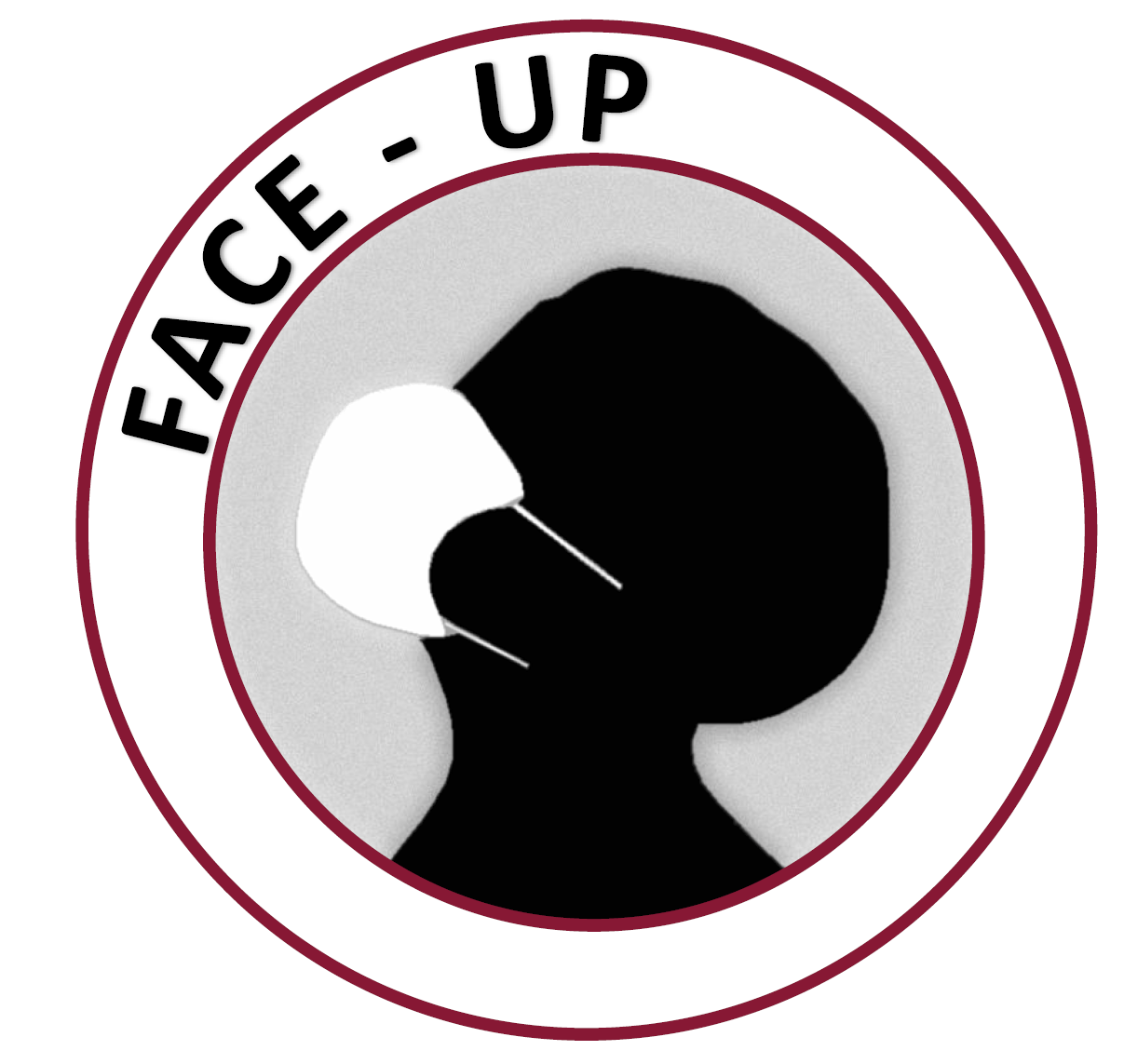FACE-UP is a research consortium funded by the UKRI Global Challenges Research Fund (GCRF) Programme under the MRC Health & Context call. GCRF is a £1.5 billion fund announced by the UK Government in late 2015 to support cutting-edge research that addresses the challenges faced by developing countries.
The FACE-UP project is three years long and kicked-off in June 2022.
The FACE-UP Consortium will undertake research into the factors which affect childrens exposure to urban pollution and how to protect them.
The purpose of the FACE-UP project is to reduce the lifetime vulnerability of urban children, particularly in Indonesia and Nepal, to non-communicable diseases by reducing childhood exposure to particulate air pollution (PAP) through context-appropriate personal interventions. We will achieve this through 7 integrated work packages (WP), which explore the contextual drivers that influence the suitability, effectiveness and sustainability of different exposure reduction practices, and the motivation, opportunity and capability within the communities for the behaviour change required for successful uptake.
Children exposed to air pollution are predicted, throughout their life course, to experience ilness and neurodevelopmental issues with considerable risk to quality of life and earning potential. Reducing exposure to particulate pollution is one of four actions identified in UNICEF’s framework for improving children’s health. We are going to:
1) Measure air pollution exposure using personal and ambient air quality sensors (WP1)
2) Evaluate the effectiveness of specific low-cost interventions — N95 respirators and low-cost fan-filter air purifiers — to children’s personal exposure to PAP indoors and outdoors (WP2)
3) Estimate the health benefits associated with the reduction of exposure to PAP from WP2 practices (WP3)
4) Investigate, from the community perspective, the contextual factors influencing uptake of the exposure reduction practices tested in WP2 (WP4)
5) Provide evidence on how the Indonesian and Nepalese governments and NGOs manage air pollution exposures, in terms of providing public advice and promotion of protective behaviour (WP5)
6) Explore the ethical implications of recommendations of partially effective practice for children (WP6)
7) Consider sustainable behaviour change, from a socioecological starce, bringing together evidence of the multifaceted effects of the contextual factors that determine behaviours, and the organisational leverage points for health promotion, determined in WP1-6 (WP7)
We are keen to involve aid agencies and governmental agencies in the research and findings of the FACE-UP project. If you work for an agency involved in mask distribution during air pollution crises or are involved in community protection from expsosures to urban pollutants or other dusts (e.g., wild fires, agricultural burns, dust storms, volcanic eruptions) please contact Claire Horwell.
